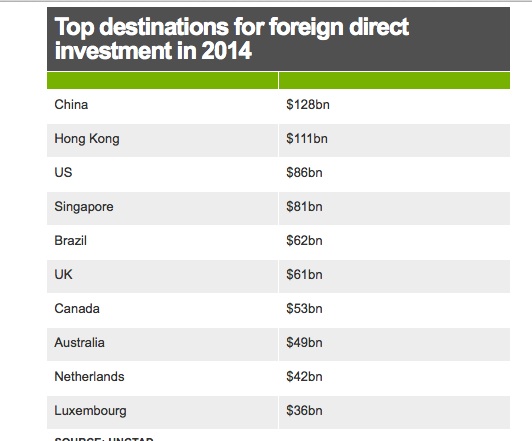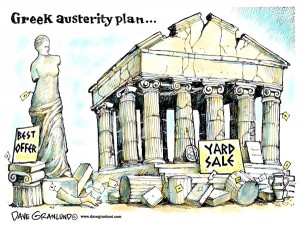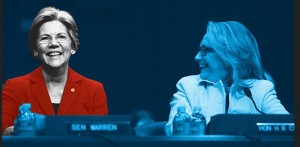No says Leonid Bershidsky. Russia’s central bank lowered its key interest rate from 17 percent to 15 percent today in a move few had predicted, causing the ruble to dip. This sequence of events shows the Kremlin still sees devaluation as its best friend and is eager to help banks and companies weather the crisiis.
As for the Russian people, who face double-digit inflation as a result, they are just expected to be patient while their government does its best to deal with a Western attack on Mother Russia.
The central bank had hiked the rate to 17 percent from 10.5 percent on December 16, as the ruble more or less tracked the free-falling price of oil. Meanwhile, the central bank’s 17 percent policy rate remained, and it made no one happy. Banks and companies said it was stifling all lending activity. On Jan. 13, former Prime Minister Yevgeny Primakov, one of the most respected figures among Russian conservatives, particularly the military-industrial lobby, was sharply criticical of the central bank.
Russian business lobbied hard to have the rate lowered. It was only a matter of time before the central bank would react; the bank’s high lending rate wasn’t serving a useful purpose anyway, because the ruble kept falling. This month it is the world’s second worst-performing currency after the Belarussian ruble.
The tricky part was lowering the rate without triggering panic. The central bank said that it estimated 2014 economic growth at 0.6 percent.
In the first six months of 2015, the central bank expects the devaluation to be insufficient to avoid negative growth of 3.2 percent. That may be because it’s underestimating the ruble’s downside potential.
There is no political will in the Kremlin to prop up the currency. Even at the current oil price, Russia will still have a healthy current account surplus, which — so long as reserves aren’t used up trying to defend the ruble — will enable Russia to handle the $105 billion in foreign debt payments due this year. With that and the ruble-based needs of Putin’s relatively poor electorate taken care of, all the government has to worry about is preventing a banking crisis and keeping industrial investment from falling too steeply, after a 2.9 percent contraction in 2014. Societe Generale predicts a 6.5 percent year-on-year investment decrease for this year, but lowering the central bank rate should theoretically ameliorate that. So expect more interest rate cuts in the coming months.
The continuing devaluation will only hurt the Russian middle class, which regularly travels overseas and buys a lot of imported goods.
There are enough people who subscribe to this kind of thinking for Putin to be confident that things will work out fine for him. 55 percent of Russians believe the country is on the right path. It’s a drop from the August high of 66 percent, but still a comfortable enough majority.
As for Putin’s personal support, it has been frozen at 85 percent for the last three months. Russia’s president is surviving sanctions and a decimated oil price just fine.





 Contribute one to your chairty of choice.
Contribute one to your chairty of choice.


